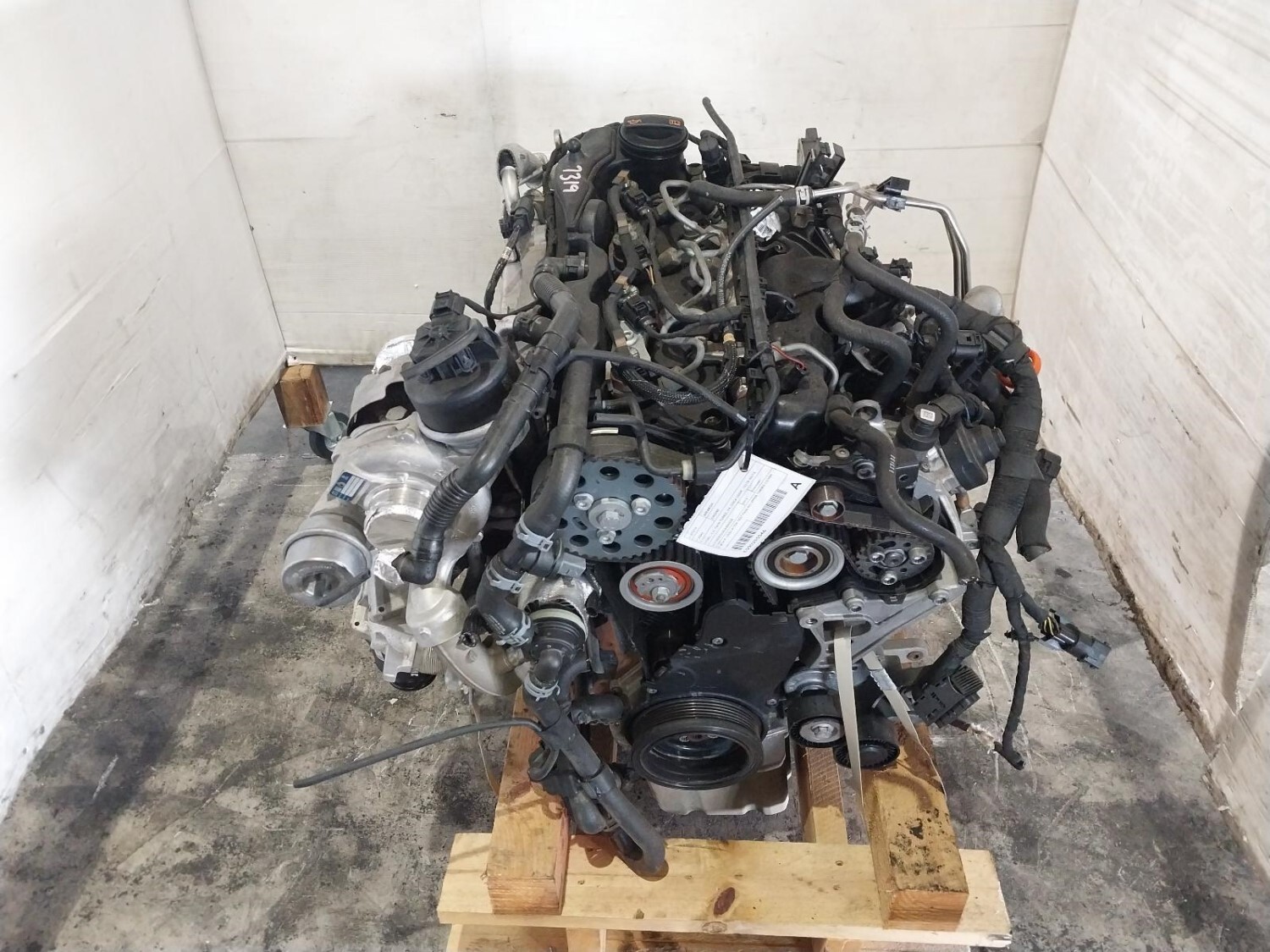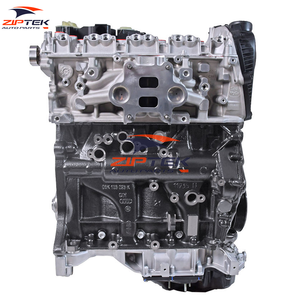Where to Find one of the most Dependable Amarok Engine for Sale-- Leading Providers and Alternatives
Where to Find one of the most Dependable Amarok Engine for Sale-- Leading Providers and Alternatives
Blog Article
Vital Considerations and Tips for Picking the Right Engine for Your Requirements
Choosing the ideal engine is a complex decision that needs cautious factor to consider of various aspects to make certain optimal performance for your certain demands. The details of engine selection extend beyond these fundamentals, triggering a more detailed exam of critical elements that can ultimately impact your satisfaction and success.
Determine Your Objective
Determining your objective is a critical very first step in picking the right engine for your needs. Comprehending the details application you have in mind will guide your decision-making process and make certain that you pick an engine that aligns with your operational needs. Whether you need an engine for a business car, industrial equipment, or a leisure project, each situation demands different efficiency features and capacities.
Take into consideration the environment in which the engine will certainly operate. Will it undergo hefty loads, severe temperatures, or extended usage? Evaluating these elements will help you determine the necessary power outcome, gas performance, and toughness needed to fulfill your purposes.
Additionally, consider the long-term implications of your choice. Spending plan restrictions, maintenance needs, and accessibility of parts are important factors to consider that will impact your overall complete satisfaction and functional efficiency.
Inevitably, verbalizing your function will improve the option procedure and equip you to make an informed choice. By clearly defining your goals, you can assess possible engines better and select one that not only satisfies your current requirements however also supports your future objectives.
Evaluate Engine Specifications
As soon as you have actually clearly verbalized your objective, the next step is to evaluate engine specifications. This process includes an extensive evaluation of different technological information that can significantly affect efficiency and suitability for your planned use.
Begin by evaluating the engine's horse power and torque rankings. Horse power is vital for figuring out the engine's capability to perform work, while torque is crucial for understanding exactly how well it can manage hefty loads or velocity. Additionally, consider the engine displacement, as it often correlates with power outcome and performance.
Following, analyze the engine typeâEUR" whether it is a gasoline, diesel, or alternative gas engineâEUR" as each type has unique qualities and applications. Take note of the engine's setup (e.g., inline, V-type), as this can affect size, weight, and total efficiency.
One more essential aspect is the engine's cooling system, which can influence reliability and maintenance needs. Finally, review the supplier's online reputation and guarantee offerings, as these can provide insights right into lasting efficiency and support. Thoroughly assessing these specs will aid make sure that you pick an engine that lines up with your functional goals and specific requirements.
Take Into Consideration Gas Efficiency
Gas efficiency is a critical factor to think about when choosing an engine, as it straight influences functional expenses and environmental sustainability. An engine's fuel efficiency is typically determined in miles per gallon (MPG) for vehicles or in particular fuel intake (SFC) for airplane and marine engines. Greater fuel performance not just minimizes the quantity of fuel consumed but additionally minimizes greenhouse gas discharges, making it a liable choice for eco-conscious customers.
When evaluating engine alternatives, it is vital to assess the driving problems and planned usage. Engines optimized for highway driving may exhibit better fuel effectiveness compared to those developed for stop-and-go web traffic. Additionally, take into consideration the engine's technology, such as turbocharging or crossbreed systems, which can considerably enhance fuel performance.

Assess Upkeep Demands

Begin by evaluating the supplier's recommended upkeep periods and procedures. Some engines may visit call for even more frequent oil modifications, filter substitutes, or specialized maintenance, which can impact your functional downtime. Additionally, think about the schedule of components and the ease of getting them. Engines with extensive popularity typically have bulks accessibility, reducing lead times during fixings.
Another important facet is the technological proficiency needed for upkeep. Some engines might demand customized training for service technicians, which could restrict your options for provider. Moreover, examine whether the engine's layout enables easy accessibility to elements commonly needing upkeep, as this can substantially influence labor costs.
Budget Plan Your Investment
Comprehending upkeep requirements is simply one facet of choosing the ideal engine; financial factors to consider play a just as essential function (amarok engine for sale). Developing a clear budget is important, as it affects not just the first acquisition rate yet likewise long-term operational prices
When budgeting, think about both the ongoing expenses and in advance costs such as fuel effectiveness, maintenance, and potential repairs. A relatively economical engine might sustain greater expenses in time as a result of poor gas economy or constant upkeep needs. In addition, assess the availability and price of extra parts, in addition to the warranties used by suppliers, which can supply monetary security against unforeseen costs.
It is likewise smart to factor in prospective financing choices or leasing arrangements, which could ease prompt monetary worries. Balance your need wikipedia reference for advanced functions with your spending plan constraints, making sure that you invest in an engine that fulfills your performance needs without compromising monetary stability.
Inevitably, a well-rounded budget will empower you to make educated choices, straightening your engine selection with both your operational requirements and monetary abilities, causing an extra lasting investment in the future.

Final Thought
In conclusion, choosing the ideal engine demands a comprehensive understanding of details needs and applications. Mindful analysis of engine specs, fuel efficiency, and maintenance demands is necessary for notified decision-making.
Gas effectiveness is an essential variable to think about when selecting an engine, as it directly affects operational costs and ecological sustainability. An engine's gas efficiency is generally gauged in miles per gallon (MPG) for automobiles or in particular fuel intake (SFC) for aircraft and aquatic engines. Diesel engines normally offer better gas efficiency than fuel engines. Eventually, selecting an engine with a solid focus on gas efficiency can lead to significant long-lasting savings and add positively to environmental initiatives. Careful analysis of engine specs, gas effectiveness, and maintenance demands is vital for educated decision-making.
Report this page